
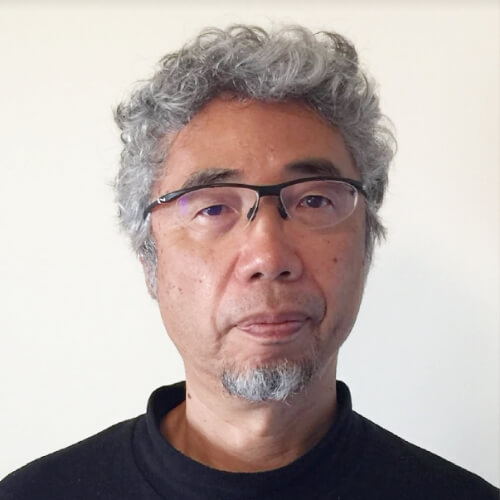
Okinawa Institute of Science and Technology
Jun Tani received his D.Eng. degree from Sophia University, Tokyo in 1995. He started his research career with Sony Computer Science Lab. in 1993. He became a PI in RIKEN Brain Science Institute in 2001. He became a Professor at KAIST, South Korea in 2012. He is currently a Professor at OIST. He is also a visiting professor of The Technical University of Munich. His current research interests include cognitive neuroscience, developmental psychology, phenomenology, complex adaptive systems, and robotics. He is an author of “Exploring Robotic Minds: Actions, Symbols, and Consciousness as Self-Organizing Dynamic Phenomena.” published from Oxford Univ. Press in 2016.
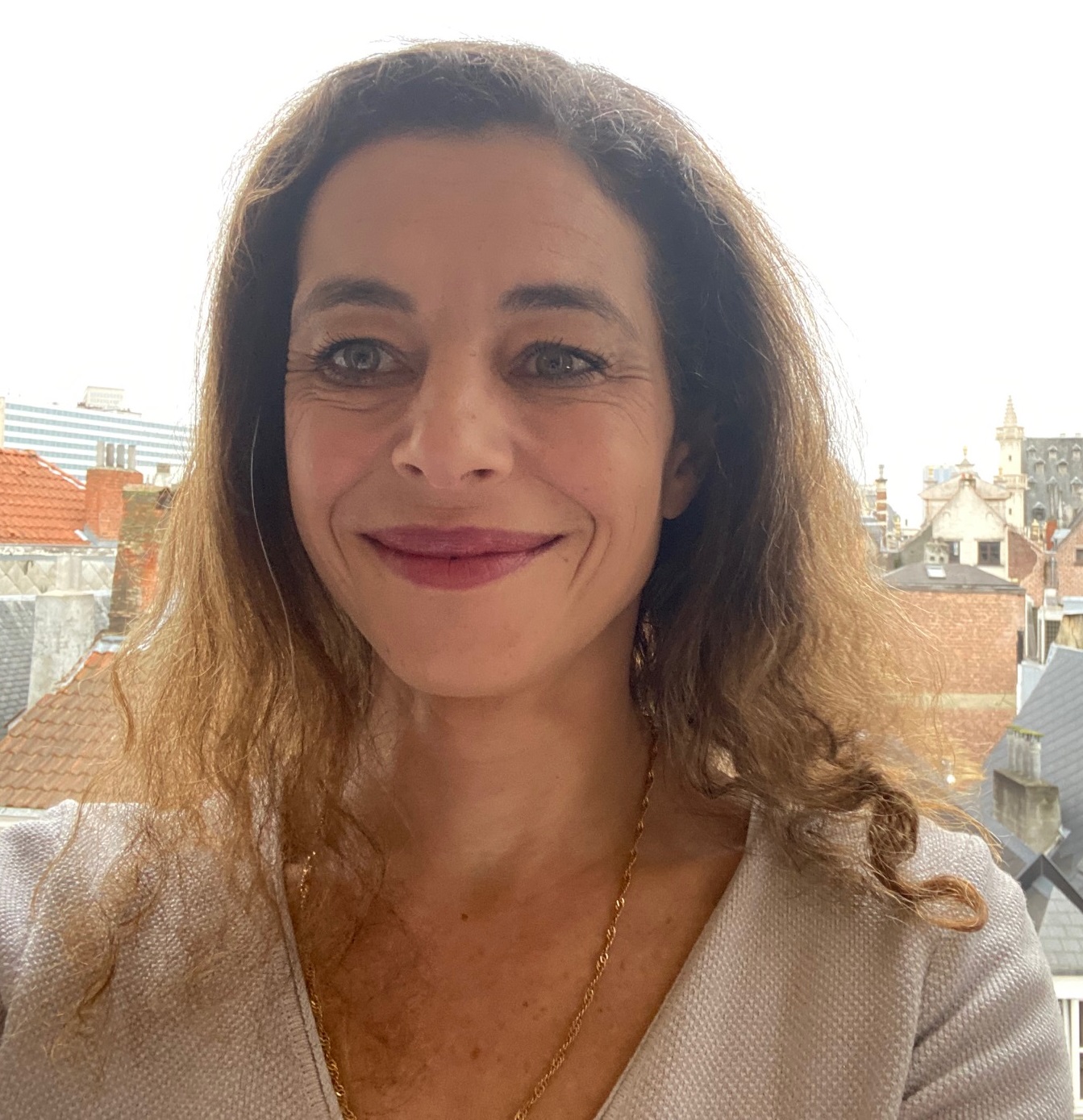
Institute of Intelligent Systems and Robotics (ISIR), Sorbonne-University, CNRS
Malika Auvray is a CNRS director of research at the Institute of Intelligent Systems and Robotics (ISIR, Sorbonne-University), where she leads the team Perception, interaction and social robotics. Using methodologies from cognitive sciences, her research investigates how our multisensory experiences shape our perception of the world and of the self. Her ongoing research projects aim at understanding: 1) The extent to which perceptual functions in a given sensory modality can be enriched or compensated by information provided via another sensory modality. 2) How technologies such as multisensory interfaces and rehabilitation devices modify our perception of the world. 3) The links between spatial and social perspective taking.
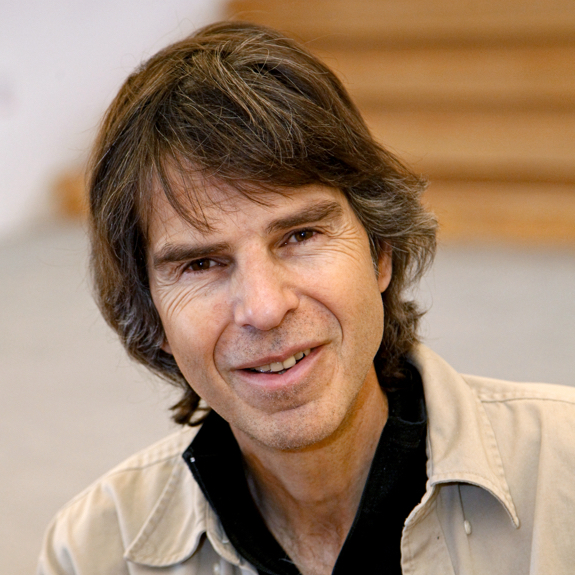
Santa Fe Institute
David Wolpert is a professor at the Santa Fe Institute, external professor at the Complexity Science Hub in Vienna, adjunct professor at ASU, and research associate at the ICTP in Trieste. He is the author of three books (and co-editor of several more), over 200 papers, has three patents, is an associate editor at over half a dozen journals, has received numerous awards, and is a fellow of the IEEE.
He has over 30,000 citations, with most of his papers in thermodynamics of computation, foundations of physics, dynamics of social organizations, machine learning, game theory, and distributed optimization/control. In particular, his machine learning technique of stacking was instrumental in both winning entries for the Netflix competition, and his papers on the no free lunch theorems have over 10,000 citations. Details at http://davidwolpert.weebly.com

Independent scholar
Pamela Lyon is what used to be called a natural philosopher and today fits no category. She develops theory and conceptual frameworks in the biology and evolution of cognition, from prokaryotes to humans. The co-evolution of cognition and stress responses (including immunity) is a special interest. She uses scientific research to answer questions that won’t leave her alone, often have poorly conceived answers, or have plausible answers heeded by few. What is cognition? What biological function does it serve? How did it evolve? How is it related to the state of organization we call life? A lifelong obligate outlier, Pamela is an independent scholar with academic affiliation.
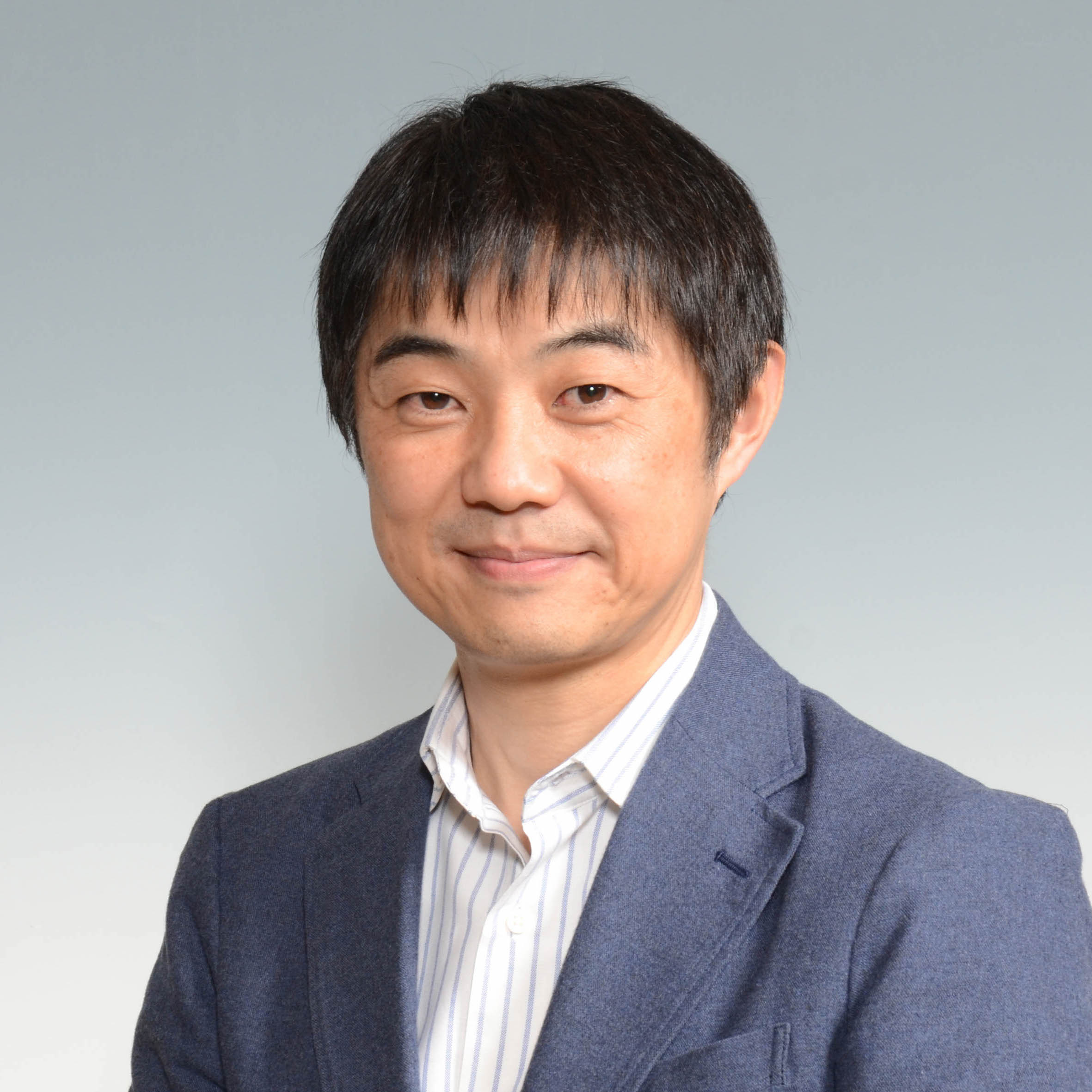
The University of Tokyo
Yuji Ikegaya received his PhD in Pharmaceutical Sciences from the University of Tokyo in 1998 and has been a professor at the University of Tokyo’s Faculty of Pharmaceutical Sciences since 2014. His area of expertise is neurophysiology, exploring neuronal plasticity and brain health. He excels at simultaneous recordings from multiple neurons, and his complex data analysis has revealed important properties of several neural circuits (Science 2004, 2011, 2012, 2018, and 2019; Nat Neurosci 2014). Since 2018, he has been the head of the ERATO Brain-AI Hybrid project, which aims to develop a new dimension of intelligence using transplantation of AI chips into the brains. He will present the achievements of the ERATO project in his talk “AI-assisted brain enhancement” at ALIFE 2023.
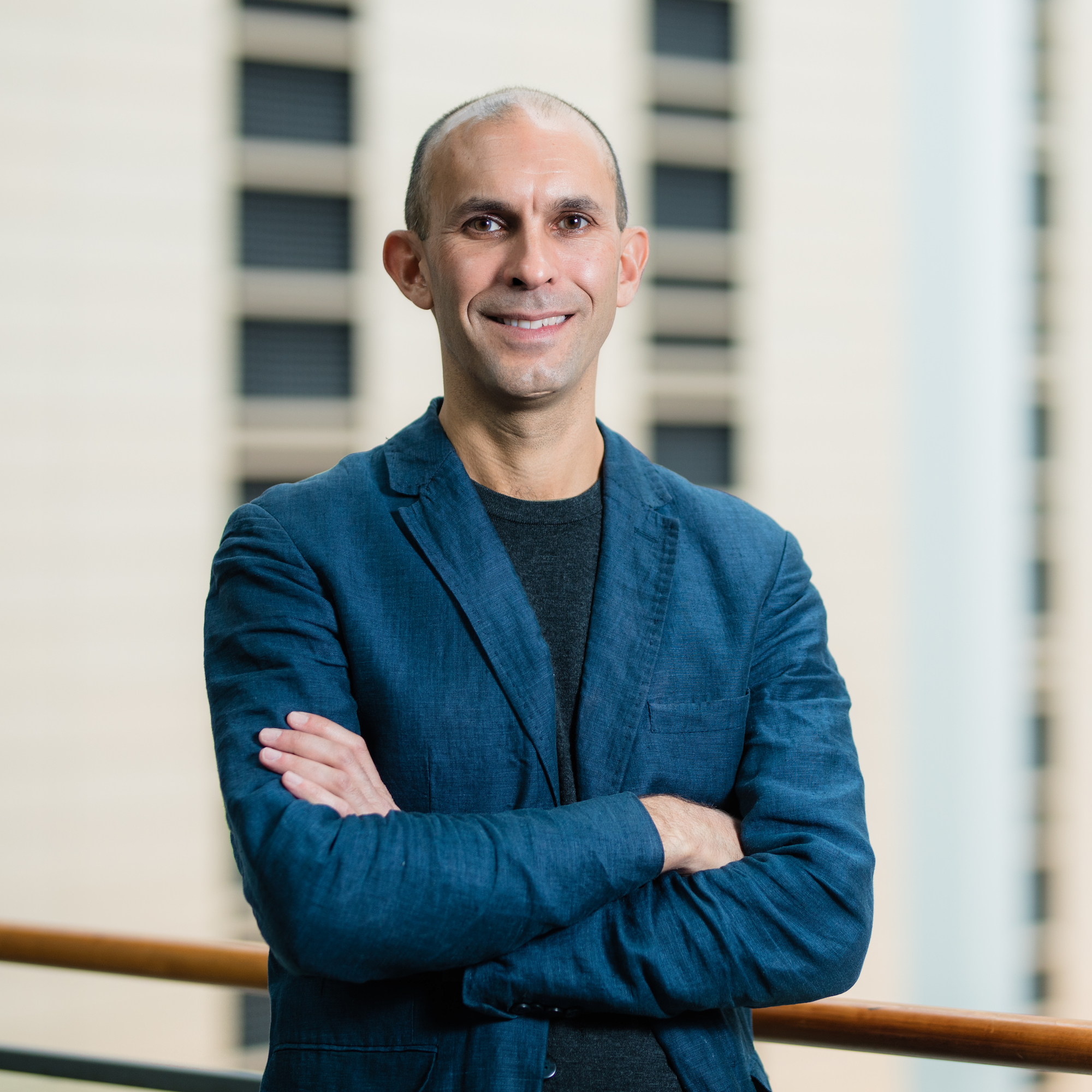
The University of Sussex
Anil Seth is a neuroscientist and author who has pioneered research into the brain basis of consciousness for more than 20 years, He is a Professor of Cognitive and Computational Neuroscience at the University of Sussex, Co-Director of the Canadian Institute for Advanced Research Program on Brain, Mind and Consciousness, a European Research Council Advanced Investigator, Editor-in-Chief of Neuroscience of Consciousness, and a Clarivate Highly Cited Researcher since 2019. His research interests include computational neurophenomenology, measuring emergence, mapping the diversity of perceptual experiences, and investigating stroboscopically-induced visual hallucinations. His TED talk has been viewed more than thirteen million times, and his book Being You was a Sunday Times Bestseller and a Book of the Year for The Economist, The New Statesman, Bloomberg Business, The Guardian, and The Financial Times. He is lead scientist on the art-science programme Dreamachine. Find out more at www.anilseth.com and follow him @anilkseth.
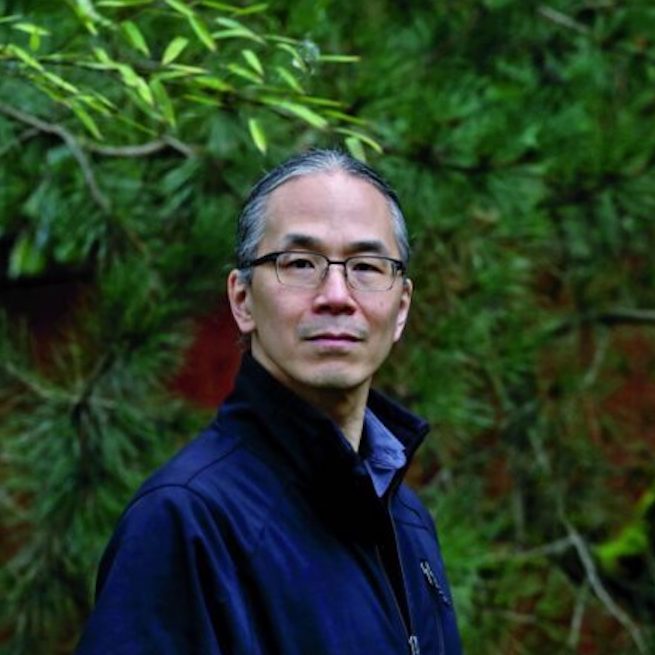
Science fiction writer
Ted Chiang’s fiction has won four Hugo, four Nebula, and six Locus awards, and has been featured in The Best American Short Stories. His collections Stories of Your Life and Others (2016) and Exhalation (2019) have been translated into over twenty languages. He was born in Port Jefferson, New York, and currently lives near Seattle, Washington. His novella “Story of Your Life” was the basis for Denis Villeneuve’s Oscar-nominated film Arrival starring Amy Adams. His collaboration with the artists Allora and Calzadilla, “The Great Silence,” is part of the permanent collection at Rome’s National Museum of 21st Century Art.